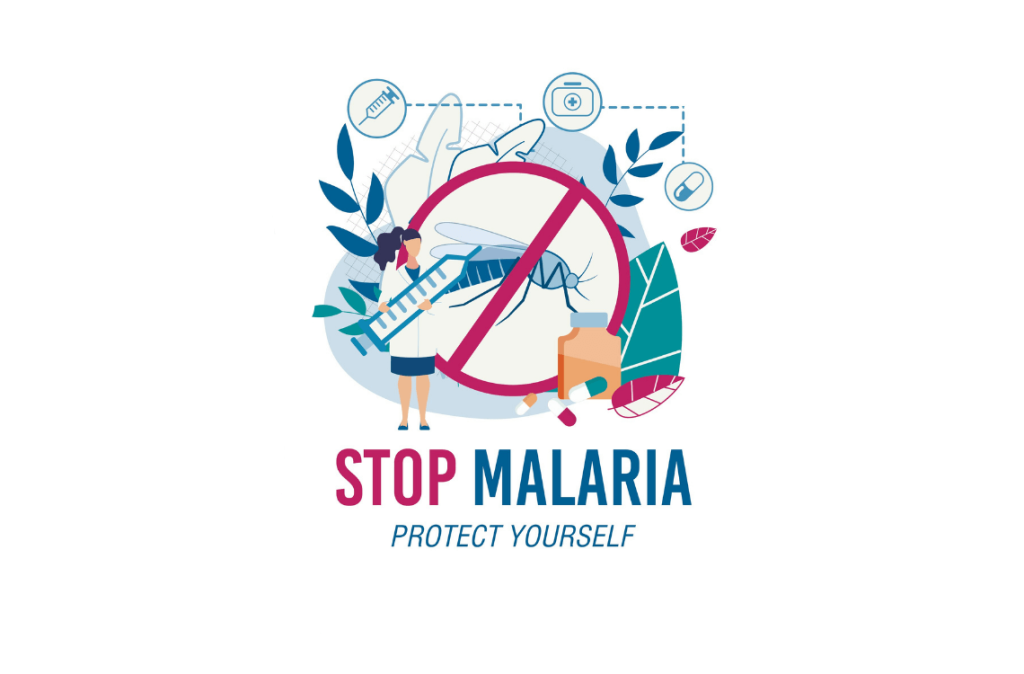There has been a spike in the number of malaria cases in several parts of Malaysia this year.
The Star reported the number of cases has already exceeded the number of cases in 2022.
There were 215 cases in Kelantan and 840 cases in Sabah as of June.
And this is especially worrying as the country had zero human malaria infections from 2018 to 2021.
What Is Malaria
From the World Health Organization (WHO), malaria is a life-threatening disease spread to humans by some types of mosquitoes.
It is usually found in tropical countries.
This infection is caused by a parasite and is not spread from person to person.
Malaria usually spreads to people through the bites of infected female Anopheles mosquitoes.
It can also be spread through blood transfusion and contaminated needles.
It it’s left untreated, malaria can progress to severe illness and death within 24 hours.
Symptoms of Malaria
According to World Health Organization (WHO), symptoms of malaria can be mild or life-threatening.
They usually show within 10 to 15 days of being infected.
Mild symptoms include:
- fever
- chills
- headache
Infants, children under five years old, pregnant women, travellers and people with HIV or AIDS are at higher risk.
Severe symptoms include:
- fatigue
- confusion
- seizures
- difficulty breathing.
- convulsions
- dark urine
- jaundice
- abnormal bleeding
People with severe symptoms should get immediate emergency care.
Getting early treatment for malaria can stop the infection from getting severe.
Having malaria during pregnancy can also cause premature delivery or delivery with low birth weight.
Prevention and Treatment
Thankfully, there are multiple ways to prevent getting infected and treatments if you are infected.
1. Prevention
The obvious way to prevent getting infected is to avoid mosquito bites and taking medicines.
You can also lower the risk of getting bitten with these methods, according to WHO:
- using mosquito nets when sleeping
- mosquito repellents after dusk
- using coils and vaporisers
- wear protective clothing
- use window screens
2. Treatment
It’s important to get early diagnosis if you think you have it and get treatment immediately.
WHO shares there are multiple medicines that are used to prevent and treat malaria.
If you are diagnosed with the disease, doctors will choose a treatment based on:
- the type of malaria
- whether the parasite is resistant to a medicine
- the weight or age of the person
- if the person is pregnant
According to Cleveland Clinic, antimalarial drugs that are used to treat this disease can cause side effects.
Some side effects that you might experience due to the treatment include:
- gastrointestinal
- headaches
- increased sensitivity to sunlight
- insomnia
- psychological disorders and vision problems
- ringing in the ears
- seizures
- anaemia
Be sure to tell to your doctor if you’re taking other medicines as it can interfere with them.
Smack Those Mosquitoes
Malaysia has tropical climate and mosquitoes can be found almost anywhere.
It’s definitely hard to differentiate which is which considering the size of the insect.
If you see a mosquito, try your best to smack them before they get a chance to bite you or anyone nearby.
It could be a dengue bearing mosquito or one that’s been infected with malaria or it could just be a normal mosquito.
Either way, getting bitten can be as annoying, with or without a life-threatening disease.
Disclaimer: The information provided in this article is for informational purposes only and should not be considered as medical advice from Motherhood. For any health-related concerns, it is advisable to consult with a qualified healthcare professional or medical practitioner.
For more insightful stories and fun recipes, stay tuned to Motherhood Story!
